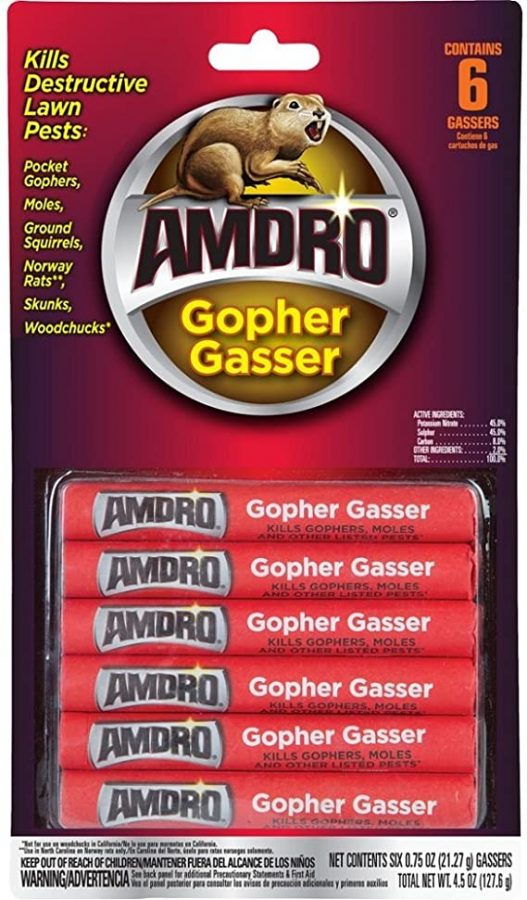The next time you find you have a too-old or already broken water heater, these tools and advice from the U.S. Environmental Protection Agency can help.
Water heaters typically last about 10 years. If your water heater is older than that, you could avoid a potentially costly and complicated emergency replacement by taking action now. In many places, utilities offer rebates on Energy Star-certified water heaters, up to as much as $600. With or without a rebate, choosing a model that’s earned the government’s Energy Star label can pay you back in energy bill savings.
Water heaters are the second highest energy user in the home, costing a household of four up to $620 every year to operate. Replacing your old, electric water heater with a heat pump water heater could put a significant dent in your energy costs.
In fact, a family of four can save up to $3,500 in energy costs over the water heater’s lifetime.
With heat pump water heaters, there are some installation considerations to keep in mind, but if you already have an electric water heater, it could be an easy switch.
In many homes, a heat pump water heater can be installed right where your current water heater sits.
Heat pump water heaters require:
• Access to air — They pull in air from the surroundings to heat water and release cold air, so they need access to plenty of air.
The water heater location should have a room air temperature greater than 40 F year-round and space that’s at least 100 square feet or a smaller space that can be fitted with louvered doors or ducted.
• Head room — Heat pump water heaters are a few inches to a foot taller than conventional electric water heaters and require a certain ceiling height based on the size of the water heater, which depends on household size.
The water heater location should have at least a 6-foot-high ceiling for a household of fewer than six or at least a 7-foot-high ceiling for a household of six or more.
• Water drainage — Heat pump water heaters require proper drainage, since, like air conditioners, they dehumidify air and produce condensate that must be removed by a nearby floor drain or another outlet using a small condensate pump.
Upgrading your water heater will cut costs
January 18, 2018
Photo by Getty Images/Hero Images
Portrait enthusiastic sisters wrapped a towel bathroom
More to Discover















